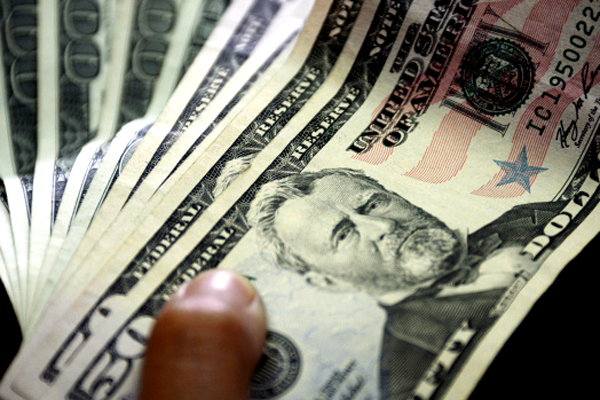
The volume of Real Time Gross Settlement (RTGS) was up 35% in June, spurred by the reduction in services charges as the current cash shortages triggered an increase in electronic transactions.
BY BUSINESS REPORTER
In June, the Reserve Bank of Zimbabwe (RBZ) reduced the service charges on RTGS to a maximum of $5 per transaction.
Before RBZ’s intervention, charges for RTGS ranged between $5 and $25 per transaction.
Point-of-sale (POS) transactions up to $10 now attract a charge of $0,10, while those above that threshold incur a fee of $0,45.
According to monthly statistics from RBZ, transactions processed through the RTGS system increased by 1% to $4,52 billion from $3,86 billion recorded in May.
“The volume of RTGS transactions registered a 35% increase from 199 256 to 268 192 in the same period,” RBZ said.
Cash transactions registered a 25% decline to close the month under review at $543,94 million.
- Chamisa under fire over US$120K donation
- Mavhunga puts DeMbare into Chibuku quarterfinals
- Pension funds bet on Cabora Bassa oilfields
- Councils defy govt fire tender directive
Keep Reading
As at the end of June 2016, the number of POS devices in the market increased to 19 280, representing a rise of 5% from 18 330 in May 2016, the central bank said.
Data showed that debit, credit and prepaid cards increased to 2,77 million in June 2016, from 2,71 million recorded in May 2016.
The total value of mobile and internet-based transactions decreased to $639,19 million in June from May’s $697,83 million. Card-based transactions declined to $335,4 million from $418 million in May.
The value of cheque transactions stood at $10,26 million in June 2016, down from $10,83 million recorded in May.
RBZ said the increases in the national payment systems platforms were largely driven by the “current market efforts to promote the use of electronic means of payment in the economy”.
Zimbabwe has been grappling with cash shortages since the beginning of the year, resulting in some banks putting caps of $100 on maximum daily withdrawal limits.
Monetary authorities say the use of a stronger currency has made Zimbabwe a fishing pond for the dollar.
The authorities have since put in place stringent measures to conserve the scarce dollar in the wake of declining exports, coming up with a priority list to facilitate payments for crucial imports meant to boost local production and ultimately exports.
The increase in electronic transactions dovetails with RBZ’s thrust of creating a cashless society by 2020.
RBZ projects that 80% of society should be cashless by 2020.











